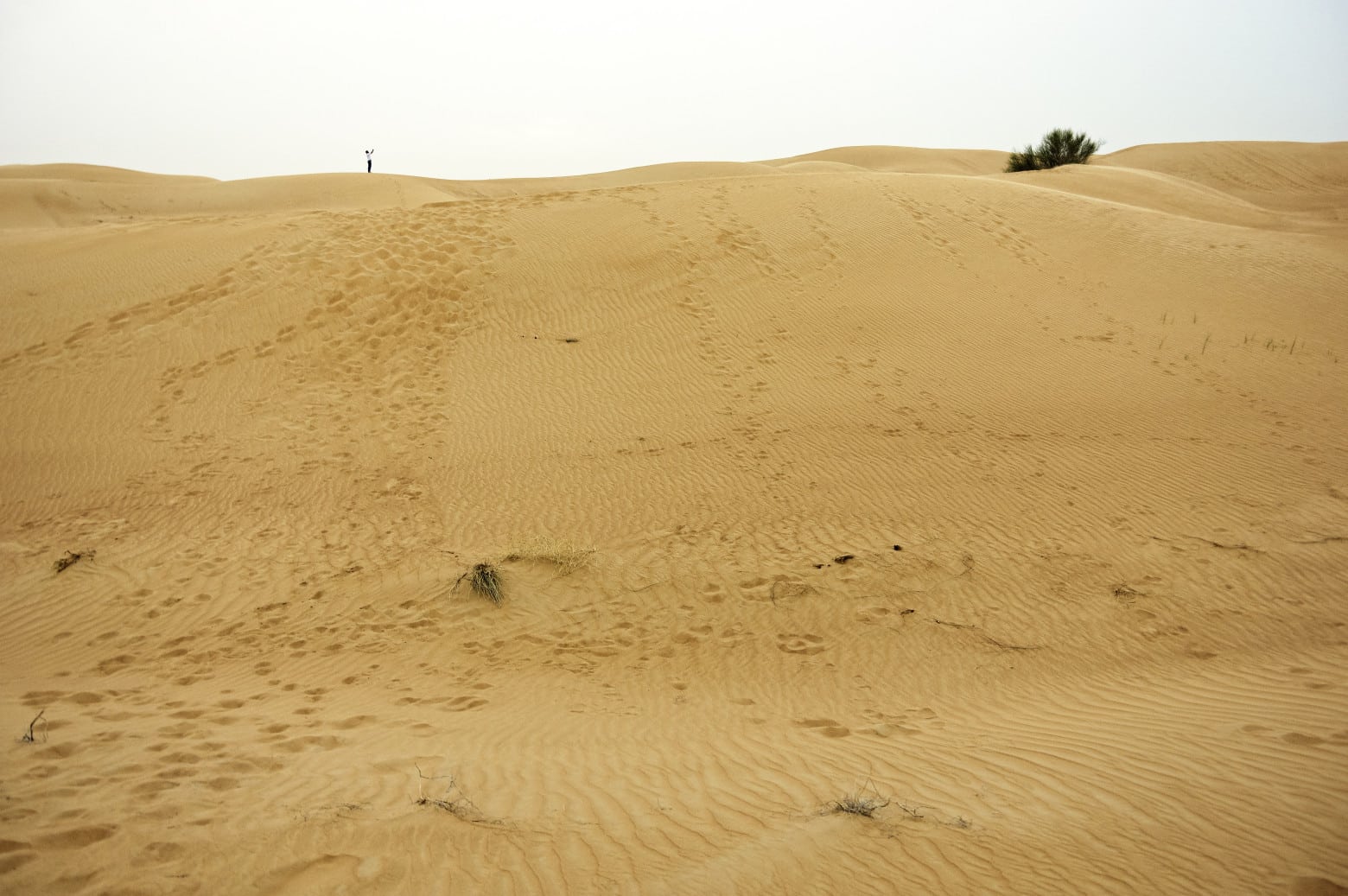In his early years, before he went public with his teachings and disciples came from far and wide to learn from him, the founder of the chassidic movement, Rabbi Israel Baal Shem Tov, was an incessant traveler. Dressed in the clothes of a simple villager, he would travel from town to town and from hamlet to hamlet, asking questions. “How are things?” he would inquire of the water-carrier yoked to his pails, of the market-woman minding her stall, of the child playing in the doorway of his home. “Is there enough to eat? Is everyone healthy?” “Baruch Hashem, blessed be the Almighty, all is fine” or “Thanks to the Almighty, things are improving,” these simple, G-d-fearing and G-d-trusting Jews would reply, and the traveler would depart with the gratified step of one who has found what he was seeking.
One day, Rabbi Israel arrived in a village and made his way to the study hall. There, in a corner, sat an ancient Torah scholar over his books, wrapped in tallit and tefillin. This was the village porush (“ascetic”), who led a life of holy seclusion. From sunrise to sunset, not a morsel of bread nor a sip of water would pass his lips; he spoke to no one and never lifted his eyes from the sacred tomes. For more than fifty years he had kept to this regimen, utterly removed from the mundane cares of material life.
So why was this stranger pestering him? “How are things?,” he was inquiring, “Is there enough to eat? Is everyone healthy?” The ascetic made no reply, hoping the stranger would go away. But the stranger only leaned closer, and his questioning grew more insistent. Impatiently, the ascetic waved him away, pointing him to the door.
“Rabbi,” the stranger now asked, “why are you denying G-d His livelihood?”
The words had their desired effect: the old man was roused to indignant attention. G-d’s livelihood?! The audacity of this uncouth peasant! “What are you saying?” he demanded in a thunderous voice. “How dare you disturb me with such blasphemous babble!”
“Only what King David, the sweet singer of Israel, proclaims in his Psalms,” replied the Baal Shem Tov. “Tell me, Rabbi, what is the meaning of the verse, ‘And You, the Holy One, who dwells by[14] the praises of Israel’[15]?”
“We mortal beings,” continued the Baal Shem Tov when the porush made no reply, “subsist on the sustenance that G-d provides us in His great kindness. But what does G-d ‘subsist’ on? On the praises of Israel! When one Jew asks another, ‘How are things’ and his fellow responds by praising and thanking the Almighty, they are nourishing G-d, deepening His involvement with his creation.”[16]
Adapted from the teachings of the Rebbe by Yanki Tauber
[14] Yoshev; literally “sits on.”
[15] Psalms 22:4.
[16] Nourishment is what binds body to soul; “nourishing the Almighty” thus implies the deepening of the bond between the divine essence of creation and the physical world (cf. Talmud, Brachot 10a: “As the soul fills the body, so G-d fills the world”).







